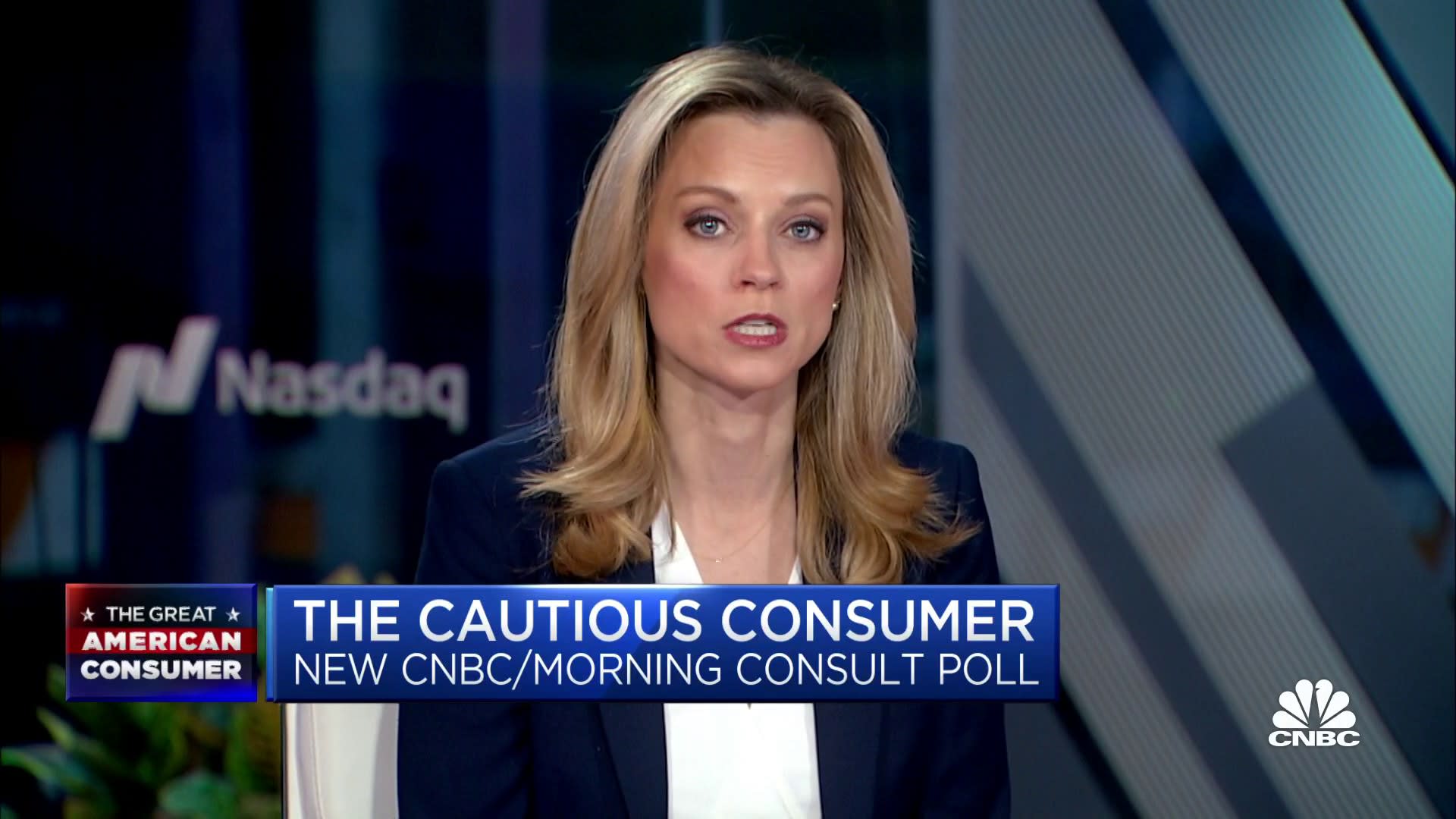Key Highlights
- President Donald Trump’s economic approval rating fell to 44% while disapproval rose to 52%, according to the CNBC All-America Economic Survey.
- The survey indicates deepening concerns about jobs, inflation, and the overall outlook on the economy.
- Republicans in Congress and the president are blamed more for potential economic fallout from the shutdown than Democrats.
- Economic issues have become a key factor in shaping public opinion, particularly among independents who are highly sensitive to financial measures.
Declining Economic Approval Amid Shutdown and Inflation Concerns
The latest CNBC All-America Economic Survey reveals a significant decline in President Donald Trump’s economic approval ratings. With 44% approving of his handling of the economy and 52% disapproving, this marks a notable dip from previous surveys during his second term.
The survey, which polled 1,000 people nationwide, also highlighted deepening concerns among Americans about jobs and inflation. According to the findings, 72% described the current economic situation as just fair or poor, reflecting a significant reversal since the second quarter of this year.
Shifting Public Perception on Key Economic Issues
The survey underscores the growing dissatisfaction with Trump’s approach to key economic issues. A mere 34% of respondents approve of his policies regarding inflation and the cost of living, while a staggering 62% disapprove. This is the worst number recorded in any CNBC survey during his second term.
Moreover, tariff policies have also garnered negative attention, with only 41% approving compared to 56% who disapprove, resulting in a net approval rating of -15. These findings are crucial considering Trump’s campaign promises and the economic environment he inherited from his predecessor.
Impact on Public Confidence and Future Outlook
The decline in economic confidence extends beyond specific policies; it affects broader perceptions of job security and future economic prospects. Over a quarter of Americans express concern about losing their jobs in the next year, marking the highest level since CNBC began asking this question in 2022.
Despite these concerns, there is still some optimism among respondents. Nearly two-thirds (62%) believe they could find a new job with similar pay and benefits if necessary. However, younger Americans, people of color, and women are notably less confident about their job security compared to the average population.
Conclusion
Economic Sensitivity as Key Political Indicator
The shifting public sentiment on economic matters is particularly significant for President Trump’s re-election prospects. As independent voters prove to be more economically sensitive than politically driven, any further deterioration in economic indicators could have a substantial impact on the upcoming election.
With inflation and job security at the forefront of voter concerns, policymakers must address these issues promptly to maintain public confidence. The results from this survey serve as an urgent reminder that economic performance remains a critical factor in shaping political outcomes, especially for incumbent leaders navigating a second term.

